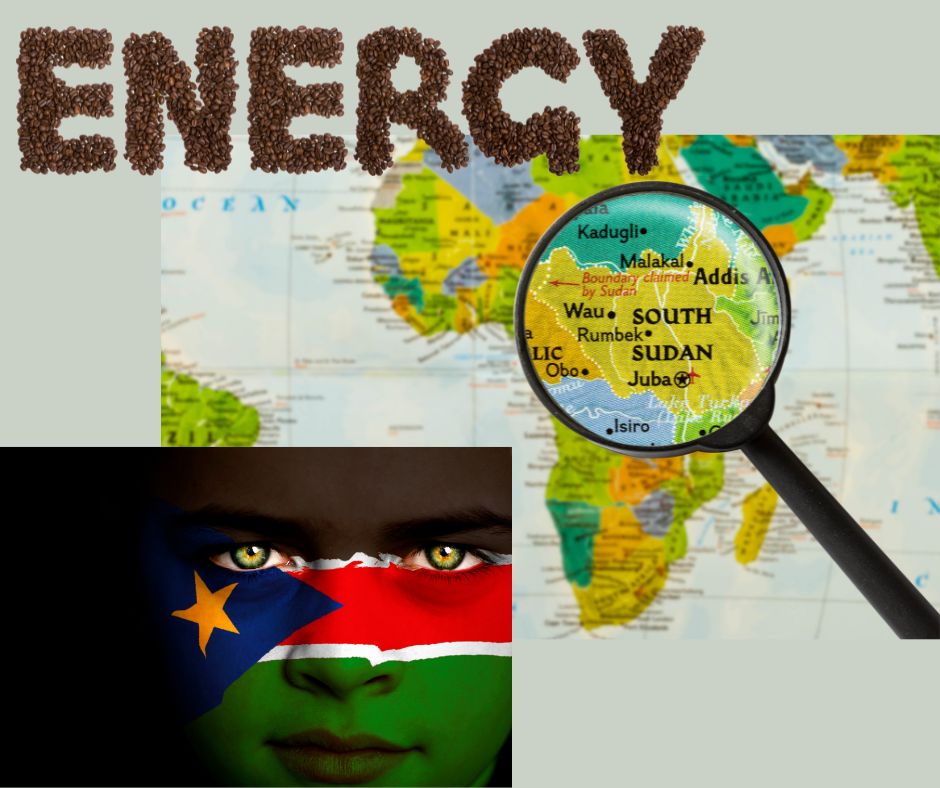
On the first day of South Sudan Oil & Power (SSOP), 2022, on Tuesday, energy ministers from Norway and Iraq gave necessary ministerial addresses about the potential for increased energy cooperation between Europe, the Middle East, and East Africa, as well as the impact of climate change, COVID-19, and geopolitical conflict. H.E. delivered video addresses. Norwegian Minister of Petroleum and Energy Terje Aasland and H.E. The oil minister of Iraq is Ihsan Abdul Jabber.
“Improving energy security is our most critical duty as policymakers. How do we strengthen the energy system to keep up with a constantly changing world? Minister Aasland enquired, “We need international cooperation to address the issues around energy access and the energy transition. Each of us has a responsibility. Norway will continue to develop its petroleum and renewable energy resources and will be a reliable and consistent energy supplier to the world market.
Norway, a leading European supplier of oil and gas to the worldwide market, is a great model for integrated energy development and is already a crucial partner to South Sudan in efforts to promote peace and sustainable development. According to the Norwegian Minister, a clear policy framework is one of the most critical factors in fostering cross-border energy cooperation and sustainable energy growth.
“South Sudan has abundant mineral and energy resources and a solid legal framework. According to Minister Aasland, if governance and transparency in the sector increase, your oil profits might help the entire population. “We must build on the prospects in our nations and regions, lowering emissions and developing technologies toward a sustainable, energising future.”
Iraq In Talks With Offtakers For Oil Fields In South Sudan
Iraq, the fourth-largest oil producer in the world, is another oil and gas superpower with daily production of close to 4.6 million barrels and a wealth of onshore experience that might revolutionise the South Sudanese economy. Given worries about energy security and the energy transition, Iraq has been attempting to strike a balance between its efforts to minimise carbon emissions and the growth of hydrocarbons.
“Energy producers are in the spotlight globally. Minister Abdul Jabber states, “Global power demand is expected to increase by 50% by 2040, making it essential that energy is affordable, especially in complex and dynamic circumstances. “To feed the local market and reduce oil consumption, South Sudan’s oil plans need to optimise investment and concentrate on sources with high gas availability. Iraq faces the same difficulties while generating electricity from local fuel.
Minister Abdul Jabber echoed the sentiment of his Norwegian counterpart when he emphasised the importance of technology, knowledge sharing, and the sharing of best practices in allowing nations like South Sudan, which has the third-largest oil reserves in sub-Saharan Africa, to utilise their hydrocarbon resources fully.
“Technology advancement can help secure energy by reducing oil emissions and increasing efficiency. Efficiency in oil generation and production, as well as waste reduction for manufacturers, will largely depend on digitalization. We want to emphasise that our allies in South Sudan may benefit from Iraq’s extensive experience and capability in oil exploration.
Analysis by: Advocacy Unified Network
